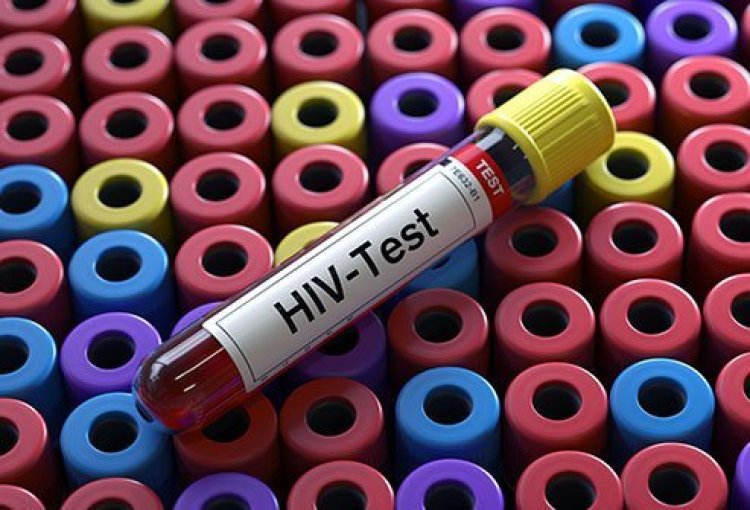Researchers report the third case of HIV remission following umbilical cord blood stem cell transplantation.
This mutation is mostly seen in people of northern European heritage, which makes transplanting to people who aren't White difficult. Despite the fact that the patient in this study identified as mixed-race, she was a match for the transplant, demonstrating that a larger pool of potential transplant recipients from various racial backgrounds is available. Adult donor stem cells must be closely matched, whereas cord blood does not.

According to studies presented at a symposium Tuesday, a US woman has become the third known individual to go into HIV remission, and the first mixed-race woman, thanks a stem cell transplant from umbilical cord blood.
According to an abstract from the Conference on Retroviruses and Opportunistic Infections, the woman, who was described as middle-aged and of mixed race, was diagnosed with acute myeloid leukemia four years after being diagnosed with HIV.
She took high-dose chemotherapy after being diagnosed with leukemia, which killed all of her blood cells. She later received a stem cell transfusion from an adult relative to replace her blood cell levels. This functioned as a bridge to keep her blood cells alive as she awaited stem cells from an unrelated newborn's umbilical cord blood, which can take up to a month to begin producing cells. A mutation in the cord blood made the cells resistant to HIV infection.
She stopped taking antiretroviral therapy (ART) just over three years after her 2017 transplant and had no detectable virus 14 months later.
The advantage of using cord blood, according to Dr. Marshall Glesby, associate chief of the Division of Infectious Diseases at Weill Cornell Medicine and a member of the research team, is that it comes from a national repository, which allows scientists to identify the HIV-resistant mutation in the blood.
This mutation was also found in the other two examples of HIV cures in persons who received stem cell transplantation.
This mutation is mostly seen in people of northern European heritage, which makes transplanting to people who aren't White difficult. Even though the patient in this study was identified as mixed-race, she was a match for the transplant, demonstrating that a larger pool of potential transplant recipients from various racial backgrounds is available. Adult donor stem cells must be closely matched, whereas cord blood does not.
"As a result of the lack of a need for as thorough matching, [cord blood] could potentially be more widely available to those who need a transplant and have HIV," Glesby told CNN.
Dr. Yvonne Bryson, the David Geffen School of Medicine's chief of pediatric infectious diseases.
A guy who was initially included in the study died of cancer recurrence before his data could be reviewed, according to UCLA professor and study primary investigator.
In addition, the woman has been cancer-free for 412 years. Unlike the two other HIV-positive persons who were healed, she did not suffer graft vs. host disease, which occurs when donor cells attack the recipient's cells after a transplant. Because of their previous experiences, experts assumed that graft vs. host disease was crucial to the cure. The woman's case, however, contradicts this, according to Glesby.
However, researchers caution that this development only affects a tiny percentage of persons with HIV.
According to Bryson, about 50 people with HIV and blood malignancy may benefit from this technique each year.
"This isn't the type of treatment that would be suitable for someone who doesn't have a medical need for a transplant," Glesby concurred. According to him, this type of transplant can be lethal in up to 20% of people or create other health issues.
"I don't want people to assume that this is something that can be applied to the 36 million individuals who are living with HIV," Dr. Anthony Fauci, head of the National Institute of Allergy and Infectious Diseases, said Tuesday in an appearance on the radio show "Conversations on Health Care." "It's unrealistic to believe that this will be readily available."

 Boakyewaa Lawrencia
Boakyewaa Lawrencia 



































